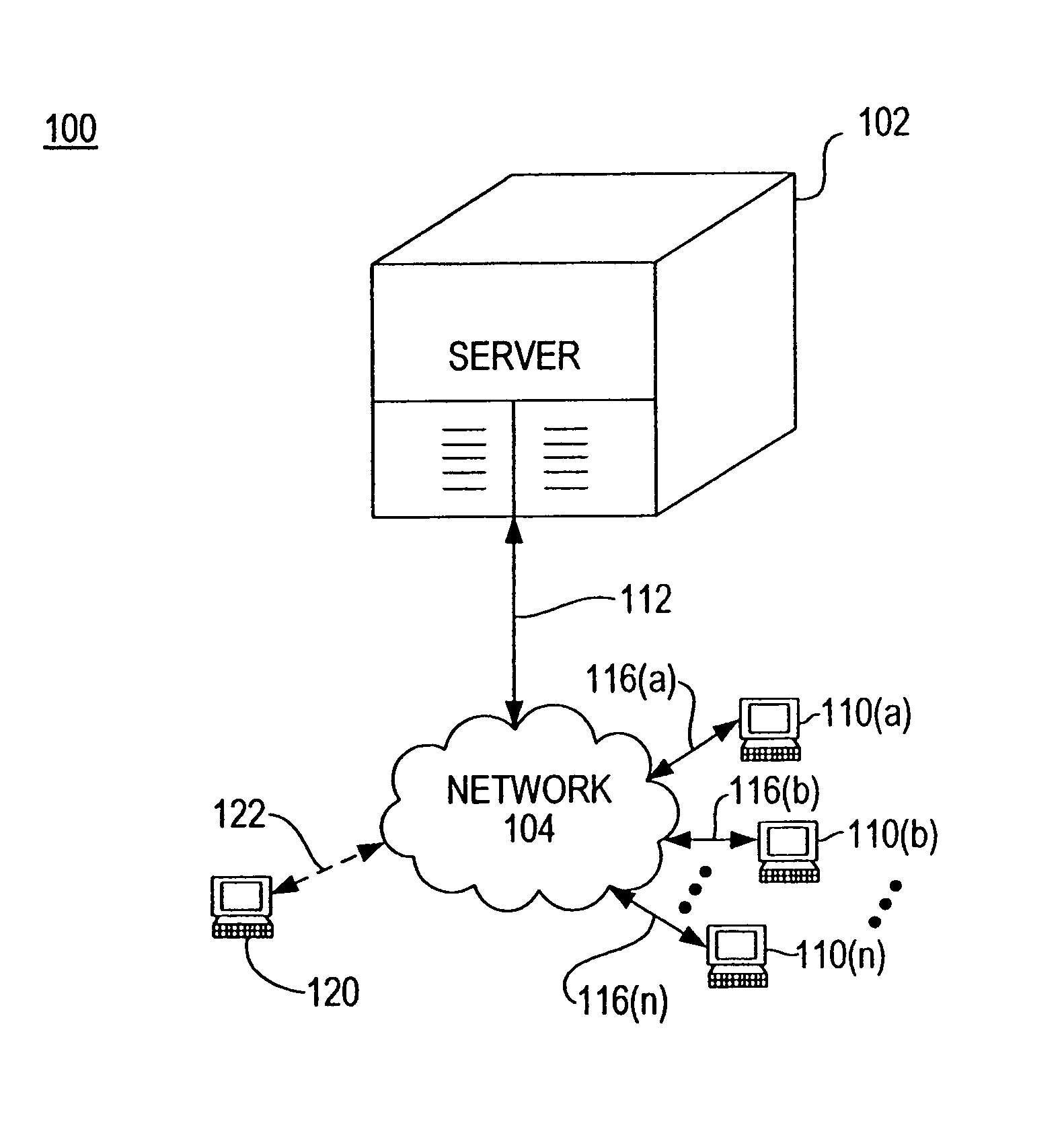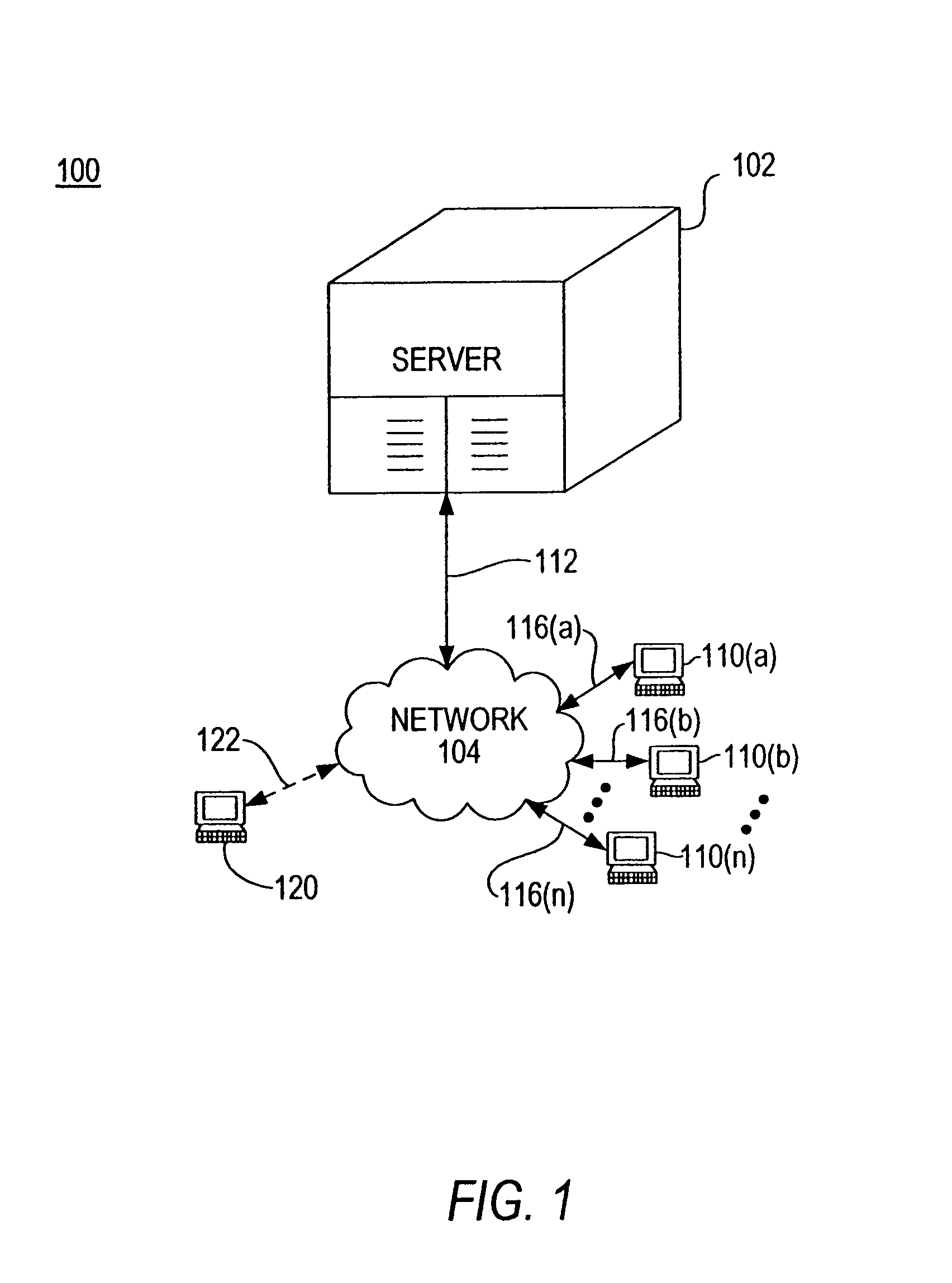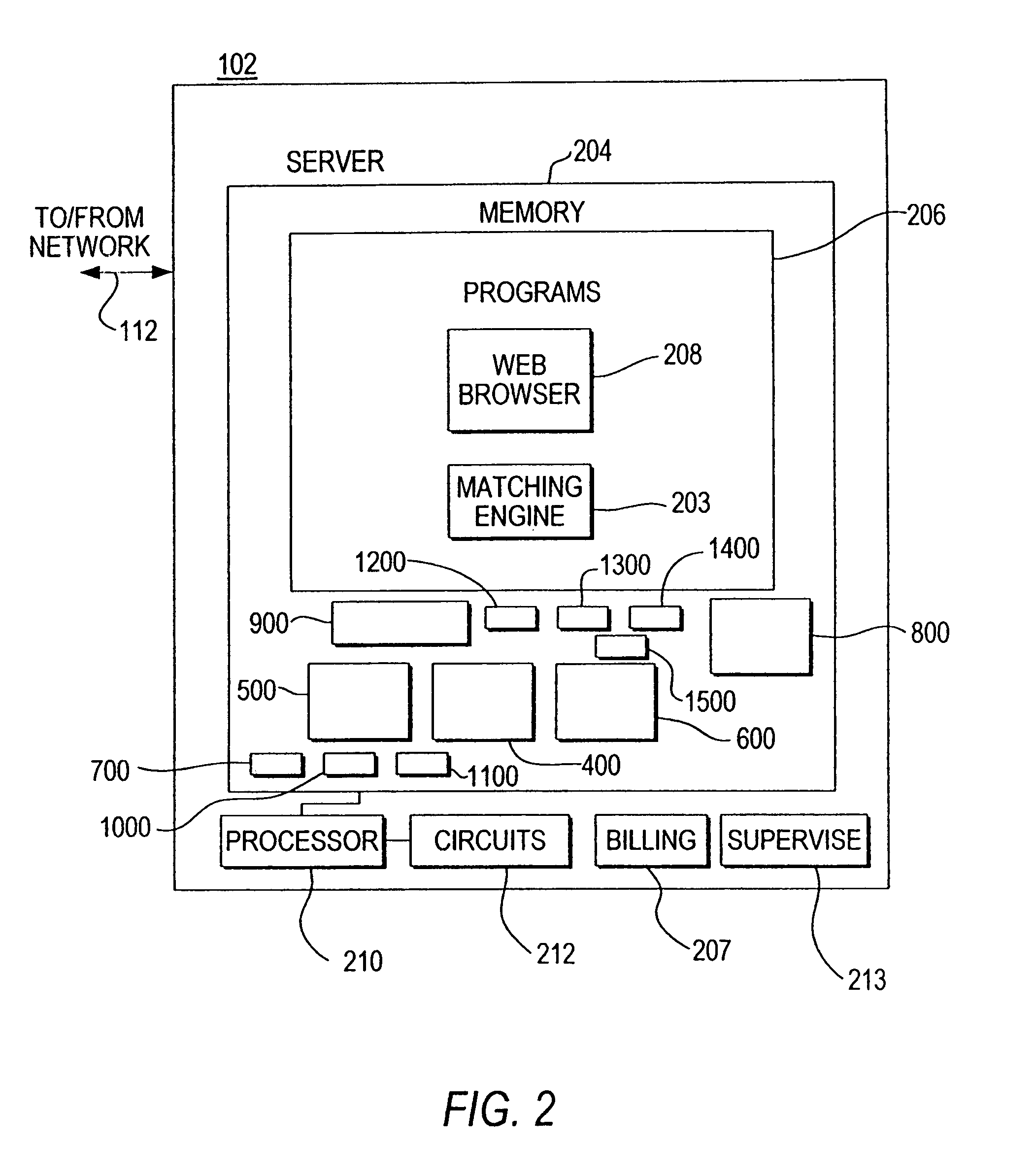Linked displayed market and midpoint matching system
- Summary
- Abstract
- Description
- Claims
- Application Information
AI Technical Summary
Benefits of technology
Problems solved by technology
Method used
Image
Examples
Embodiment Construction
[0055]This invention provides an automated system for matching orders to buy and sell securities at the midpoint of a BBO, wherein the automated system is adapted to (i) operate on a fully-anonymous and continuous basis, (ii) process multiple, computer-generated orders, of any size, transmitted by algorithmic, program, and other automated trading systems, (iii) automatically match multiple, executable orders according to a priority scheme, and (iv) execute a matching algorithm that maximizes tradable volume when an executable order can not be matched according to the priority scheme.
[0056]The present invention provides an automated system for matching orders to buy and sell securities at the midpoint of a BBO. According to one embodiment, a trading system is adapted to trade United States dollar denominated common stocks, ETFs and Trusts currently traded on the NYSE, American Stock Exchange (“AMEX”), and NASDAQ. Orders may be entered anonymously and, with the exception of SOI orders...
PUM
 Login to View More
Login to View More Abstract
Description
Claims
Application Information
 Login to View More
Login to View More - R&D
- Intellectual Property
- Life Sciences
- Materials
- Tech Scout
- Unparalleled Data Quality
- Higher Quality Content
- 60% Fewer Hallucinations
Browse by: Latest US Patents, China's latest patents, Technical Efficacy Thesaurus, Application Domain, Technology Topic, Popular Technical Reports.
© 2025 PatSnap. All rights reserved.Legal|Privacy policy|Modern Slavery Act Transparency Statement|Sitemap|About US| Contact US: help@patsnap.com



